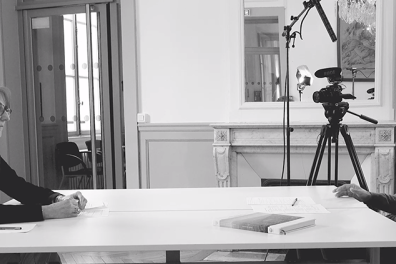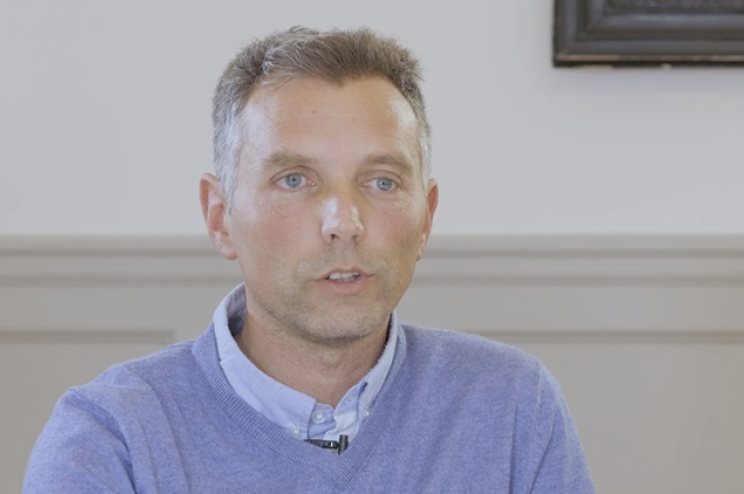Meet Matteo de Chiara, specialist in Pashto language and Iranian philology (CeRMI)

The "Portraits of Researchers in Area Studies" (PEA) collection is a series of large-format interviews produced by Inalco as part of the Digital Paris Research School of Area Studies (D-PaRSAS) institutional project. Deposited on the MediHal open archive, this series of portraits joins a set of collections on the Language and Cultural Area Studies (LaCAS) platform. These collections aim to build up a living, freely accessible scientific heritage of research on the world's languages, societies and cultures.
Large-format portrait
Video: Matteo de Chiara, specialist in Pashto language and Iranian philology (CeRMI, Inalco).
An interview conducted by Elisabeth de Pablo, lecturer, Master Communication et formation interculturelle (CFI) and project manager for the D-PaRSAS project. Directed by Alexandre Galitzine, produced by Inalco (15/02/2021).
Podcast:

Matteo de Chiara, senior lecturer at Inalco, gives an overview of what the field of Iranian studies encompasses in this interview. He looks back at his research processes and his latest book Toponymy of the Swāt Valley. Linguistic Archaeology (Lahore: Sang-e Meel, 2020), enhanced by 98 maps.
As a specialist in the Pashto language, which he teaches at Inalco, Matteo de Chiara is also interested in Iranian languages from a dialectological point of view. His research topics also include literature in the Pashto language, with Pashto folk tales and legends.
Attached to the Centre de Recherche sur le Monde iranien-CeRMI (Inalco-EPHE-Université Sorbonne Nouvelle-CNRS), he is involved in the multidisciplinary CartOrient project, a portal for the dissemination of cartographic studies on Western Asia, the Caucasus and Central Asia.